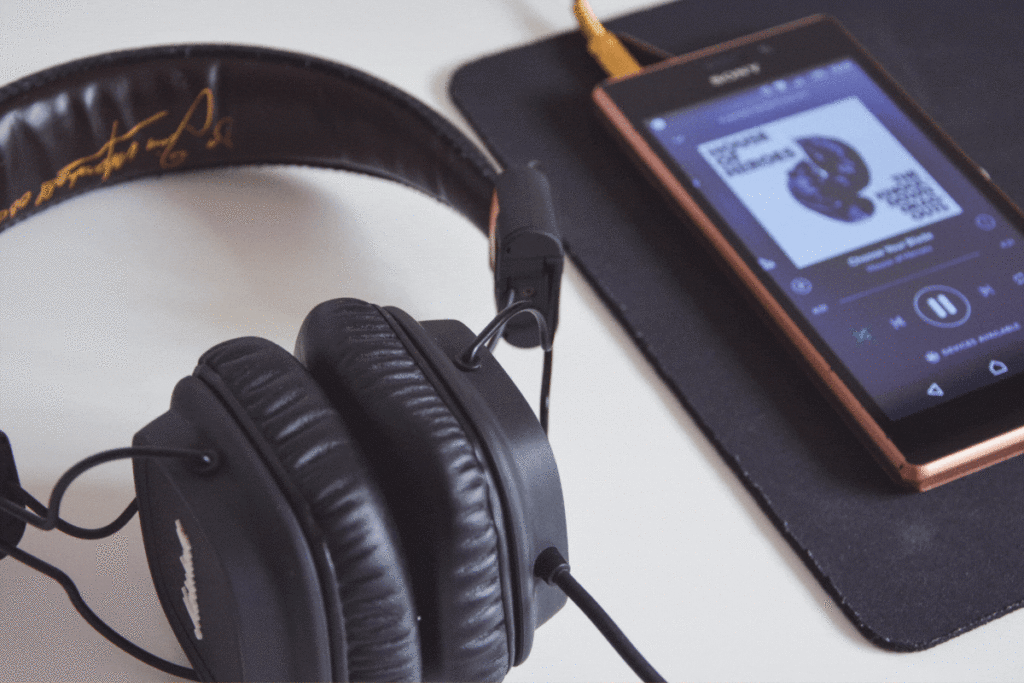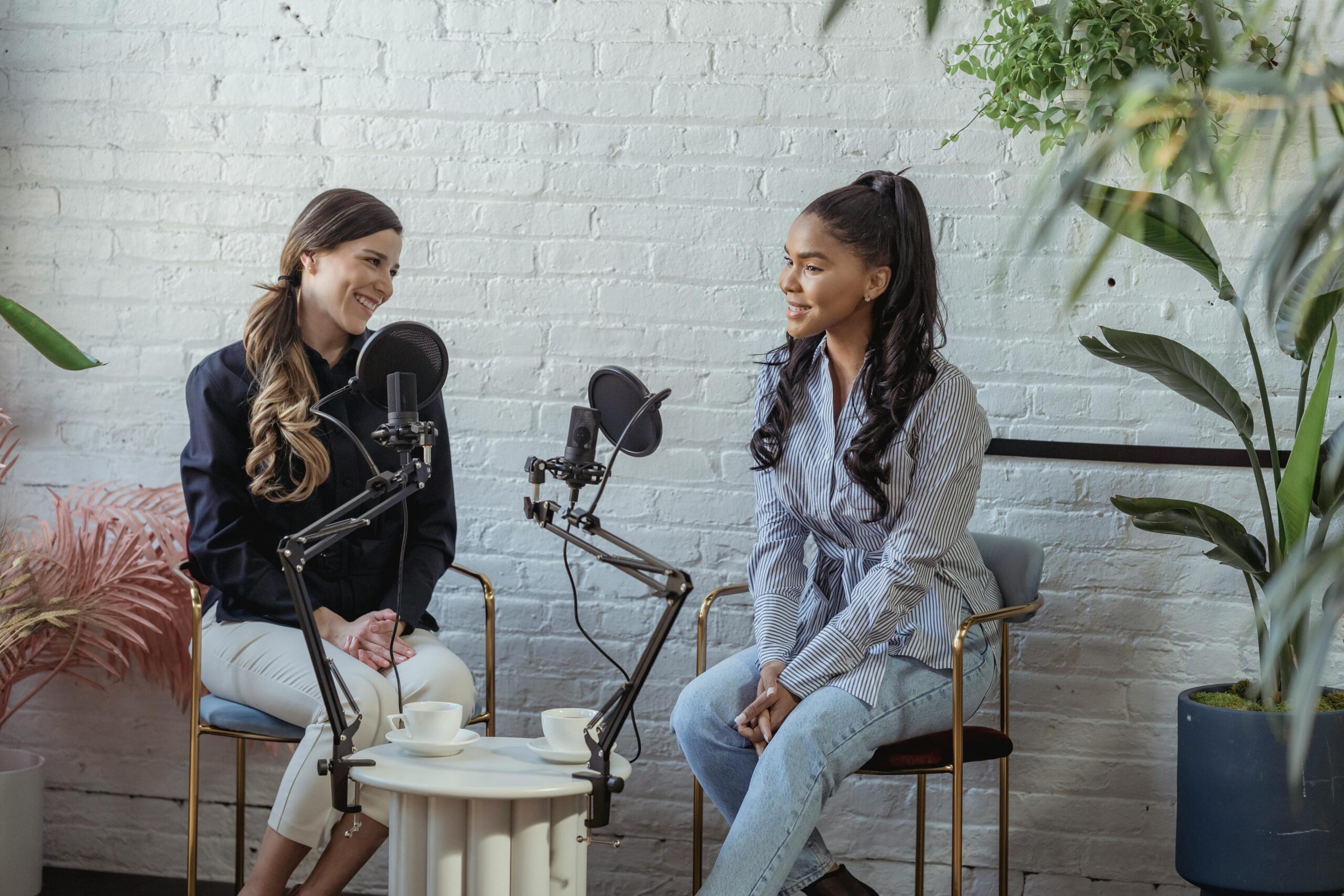What is Music Copyright?
Music copyright is a legal concept that gives the creator of original musical works exclusive rights to use and control their work. This means that the creator has the right to decide who can use their music and how it can be used. The music copyright law is designed to protect the interests of music creators and ensure that they are fairly compensated for their work.
Using Music in Podcasts
Using music in podcasts can be a tricky business, especially when it comes to copyright. If you use music in your podcast without permission, you can be sued for copyright infringement, which can lead to hefty fines and legal fees. Therefore, it is essential to understand the legal landscape of music copyright before using music in your podcast.
Types of Music Copyright
There are two types of music copyrights: composition and sound recording. Composition copyright protects the lyrics and melody of a song, while sound recording copyright protects the recording of a performance of a song. To use music in your podcast, you need to obtain permission from both the copyright owner of the composition and the copyright owner of the sound recording.
Obtaining Permission to Use Music
To obtain permission to use music in your podcast, you need to contact the copyright owner of the composition and the copyright owner of the sound recording. The copyright owner of the composition is usually the songwriter or music publisher, while the copyright owner of the sound recording is usually the record label or the artist.
One way to obtain permission to use music is to license it from a music licensing company. Music licensing companies act as intermediaries between music copyright owners and users, such as podcasters. They offer licenses that allow podcasters to use music in their podcasts for a fee.
Another way to obtain permission to use music is to use music that is in the public domain. Public domain music is music that is no longer protected by copyright and can be used freely. However, it is essential to make sure that the music you use is in the public domain before using it in your podcast.
Fair Use
Fair use is a legal doctrine that allows the use of copyrighted material without permission from the copyright owner under certain circumstances. Fair use is a complex and often misunderstood concept, and it is not a blanket permission to use copyrighted material.
Key Takeaways
- Music copyright is a legal framework that provides creators of original musical works the exclusive rights to use and control their work.
- There are two types of music copyrights: composition and sound recording. Composition copyright pertains to the lyrics and melody of a song, while sound recording copyright pertains to the recording of a performance of a song.
- To legally use music in podcasts, it’s necessary to obtain permissions from both the copyright owner of the composition and the copyright owner of the sound recording.
- Permissions can be acquired through music licensing companies that act as intermediaries between music copyright owners and users, such as podcasters.
- An alternative way is to use public domain music, which is no longer protected by copyright, but it’s crucial to verify that the music is indeed in the public domain.
- Fair use is a legal doctrine that permits usage of copyrighted material without permission under specific circumstances. However, it’s a complex concept and does not grant an automatic right to use copyrighted material.
Understanding music copyright and its implications is crucial for anyone involved in producing content that integrates music, like podcasters. Being aware of the rights of creators and seeking appropriate permissions not only respects the work of the creators but also protects podcasters from potential legal repercussions.
If you are interested in pursuing a career in music therapy, consider taking the NYU x Billboard | Music Industry Essentials online course and certificate program to learn more about the music industry and enhance your skills.








